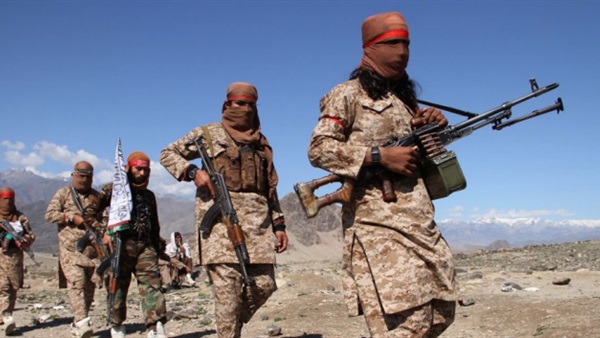UN reports veteran Al Qaeda leader likely back in action in Afghanistan

The United Nations (UN) has reported that a veteran leader
of Al Qaeda, Abdullah Ahmed Abdullah, is likely back in action in Afghanistan.
Abdullah, also known as Abu Mohammed al-Masri, was reportedly killed in Tehran
by Israeli agents in August 2020, but the UN report suggests that he is now
active again.
The report, which was submitted to the UN Security Council
by a monitoring team, states that Abdullah is believed to be operating under
the new leadership of Al Qaeda in the Indian Subcontinent (AQIS), which has
been active in Afghanistan since 2014. The report adds that AQIS has been
strengthening its position in the country in recent months, and that Abdullah's
return could provide the group with further momentum.
Abdullah was a senior member of Al Qaeda and one of its
founders, and had a $10 million bounty on his head from the US government. He
was indicted in the US for his alleged involvement in the 1998 bombings of US
embassies in Kenya and Tanzania, which killed over 200 people. The UN report
states that he has been involved in a number of recent attacks in Afghanistan,
including a suicide bombing in Kabul in December 2022 that killed 21 people.
The report also warns that Al Qaeda's presence in
Afghanistan could pose a threat to the ongoing peace process in the country.
The Taliban, who currently control much of Afghanistan, have been engaged in
talks with the Afghan government in an effort to find a peaceful resolution to
the conflict. However, the report states that Al Qaeda's continued presence in
the country could undermine these efforts and lead to further violence.
The UN report comes as the US and its allies continue to
withdraw their troops from Afghanistan, with the process expected to be
completed by the end of 2023. The withdrawal has raised concerns about the
ability of the Afghan government to maintain security and stability in the
country, particularly in the face of the ongoing Taliban insurgency and the
resurgence of groups like Al Qaeda.
The UN report is likely to add to these concerns, and could
lead to renewed calls for the international community to remain engaged in
Afghanistan in order to prevent the country from becoming a safe haven for
terrorists once again.







